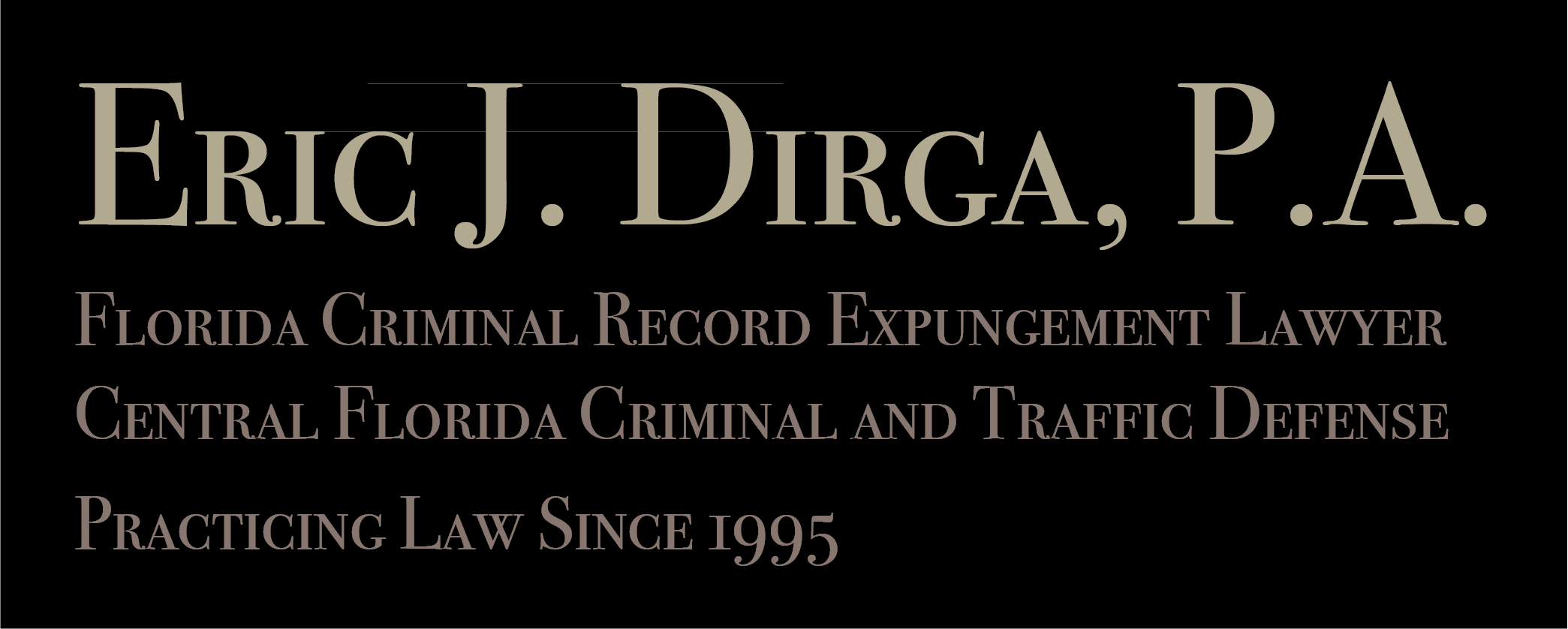Birth is a struggle. It is the painful point that let’s us all know “life ain’t going to be easy.” Like so much in life, analogies can be found everywhere. With the Florida expungement law, this is true. It all starts with a bill becoming law. Good intentions within the legislators’ efforts become twisted through the process. Like so many court “issues” the statute allowing a person to expunge his arrest record did not come to us in perfect condition – a healthy baby.
COURT RECORDS ARE ALWAYS ONLY SEALED
The immediate confusion centered on the new statute’s authorization of the destruction of judicial records. There was a lot of concern that the law was allowing the legislature to unconstitutionally encroached upon the Judicial branch’s powers.
Johnson v. State
The Florida Supreme Court addressed this issue early on in Johnson v. State, 336 So.2d 93 (Fla. 1976). Poor Mr. Johnson was arrested for heinous act of possessing cannabis. Apparently, law enforcement improperly discovered their probable cause and the evidence was suppressed by the trial court. Later the state filed a nolle prosequi and Mr. Johnson went free. Not long afterward (about 5 years later) Mr. Johnson decided to remove this scar from his arrest record and he moved to expunge it. The trial court granted the motion and, never to be one-upped, the state appealed. The trial court indicated that the statute did not include the destruction of records of judicial acts.
The Florida Supreme Court hit head-on to the issue of the legislature’s authority to require the court to destroy its own records. The Johnson Court recognized “the value of the expungement statute” but found that the law unconstitutionally encroached upon the procedural responsibilities of the Court. Id. at 95. The Court’s ruling found unconstitutional the part of the law that required the destruction of judicial acts, ordered the lower court to “seal” those records and concluded that the Court would come up with rules of procedure to carry out the legislative intent of the statute. Id.
This was not the end of the Johnson decision. Justice Adkins dissented with an opinion and touched on issues that would eventually help carve out the present statutes we have today. Id. at 95-96.
ANY SINGLE CONVICTION BARS THE PETITIONER FROM RELIEF
State v. Sobie
The Third District Court of Appeal addressed poor Mr. Sobie’s case who was arrested for public drunkenness, possession of cannabis, and possession of barbiturates to which he entered a plea of no contest. State v. Sobie, 343 So.2d 73 (Fla. 3d DCA 1977). The case arose after the lower court granted Mr. Sobie’s petition to expunge. The State tried to stop the court because Mr. Sobie had previously fought alcohol in public and lost, and that time the lower court had adjudged him guilty of the municipal ordinance violation. The Sobie Court pointed out that, even in the earliest form of the expungement statute, the wording clearing required that the petitioner “has never been convicted of a criminal offense or municipal ordinance.” Id. at 74. This barrier to relief continues to exist today.
THE LAW IN EFFECT AT TIME OF PETITION IS THE LAW THAT APPLIES
Capuano v. State
The same year as the Sobie court handed down their decision another court in Capuano v. State, 347 So.2d 629 (Fla. 4th DCA 1977) came down with its own decision. The Capuano court set forth the retroactive effect of the sealing and expungement statutes and has been cited for this position as recently as 1990 in State v. Greenberg, 564 So.2d 1176 (Fla 3rd DCA 1990) and by the Attorney General in AGO 94-70 (1994).
Read more about the history of Florida Expungements in Part 2.
 Attorney Eric J Dirga, PA
Attorney Eric J Dirga, PA




